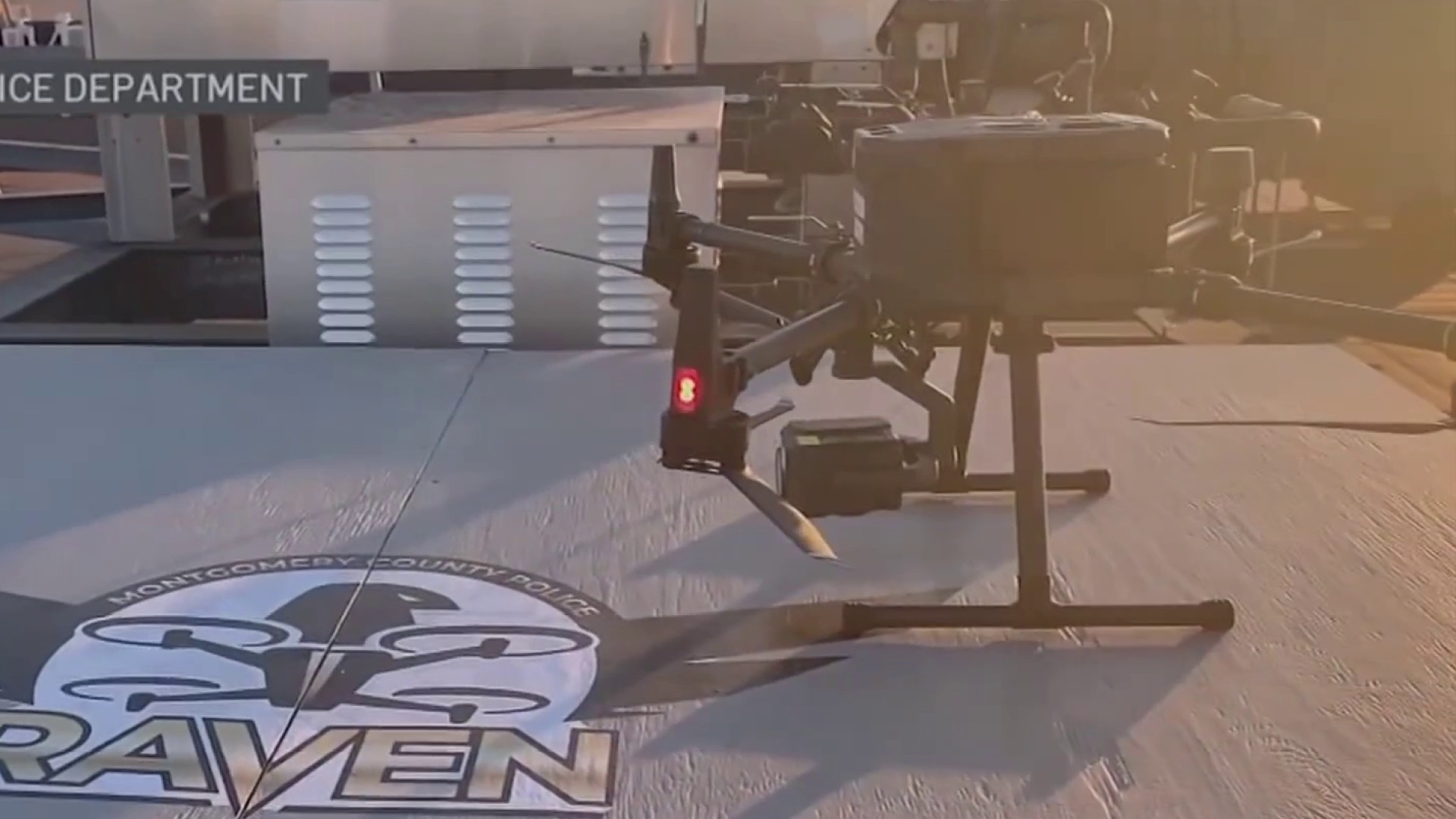Some local Veterans Affairs employees weren't fired despite severe cases of misconduct -- including sleeping in hospital patient rooms or having sex while on the job, according to a News4 I-Team investigation.
A review of agency disciplinary records shows agency leaders issued reprimands or brief suspensions to dozens of employees who'd engaged in misconduct in recent months at local Veterans Affairs (VA) medical centers in Washington, D.C., Maryland, and Martinsburg, West Virginia.
Jeff Miller, the chairman of the U.S. House Veterans Affairs Committee, said some of the discipline was too lenient and that it's an indication the agency is failing to hold workers accountable for bad actions.
"We're talking about people's lives being endangered in some of these cases," Miller said.
More than 300 employees have been disciplined at the three medical centers, according to records obtained by the I-Team via the Freedom of Information Act.
They include:
- One VA Maryland Health System employee was reprimanded for failing to treat a patient who'd suffered a head injury in a medical center hallway.
- In another case, an employee was issued for for leaving a medicine cart unattended at the D.C. VA Medical Center.
The I-Team also found a recent series of acts of employee misconduct at the Martinsburg Medical Center.
- Some employees had sex on the facility grounds, according to the records.
- In another case, an employee was found sleeping while on the job, beneath a blanket in a patient room.
- Another employee was investigated for being high on cocaine while on duty.
- Another worker was arrested for distribution of heroin off-the-job, but was allowed to return to work.
- In an 2013 incident, the agency suspended a Martinsburg employee for bringing a loaded gun and a knife onto the grounds.
Miller said the I-Team's findings indicate the U.S. Department of Veterans Affairs fails to hold all of its employees accountable for bad actions.
Local
Washington, D.C., Maryland and Virginia local news, events and information
In a statement, the Department of Veterans Affairs said, "Where performance or conduct issues warrant removal, VA takes appropriate action to terminate employment."
An agency spokeswoman explained the decision to issue only a suspension to the employee found with the gun and the knife, which are strictly prohibited on the grounds. She said the employee was a military veteran with a strong performance ranking.
"The employee's written and oral replies, lack of prior disciplinary action, performance, length of service, remorsefulness and potential to be rehabilitated were all taken into consideration," she said. "The employee stated the firearm was in his vehicle because it was going to be used for target practice and he forgot it was in the vehicle. He also stated he always carries the three-and-a-half-inch knife because it is a useful tool."
Agency records do show the VA terminated more than 1,700 employees between July 2014 and July 2015.
"(We) evaluate the facts of each misconduct occurrence and utilizes a balanced disciplinary approach to ensure federal policies are upheld, patient safety is protected and labor and workforce union agreements are honored," said a spokesperson for the Washington, D.C. VA medical center. "The medical center offers staff counseling via the Employee Assistance Program as part of the progressive discipline approach."
Miller has introduced new legislation to simplify the process of firing an agency employee. The bill, called the VA Accountability Act, would give the agency secretary authority to fire any VA workers for performance problems or misconduct.
"If they really want to win, they've got to cut players who aren't performing," Miller said.
The legislation would also limit the agency's ability to terminate "whistle-blower" employees, workers who have raised concerns about problems inside the VA.
The agency is under increasing scrutiny for its treatment of whistle-blowers.
The U.S. Office of Special Counsel, which investigates retaliation complaints against whistle-blowers, said it has received hundreds of recent complaints from VA employees.
One of every three federal employees who filed retaliation complaints with the Office of Special Counsel in 2015 was an employee of the VA, according to records obtained by the I-Team.
In dozens of recent cases, the Office of Special Counsel substantiated whistle-blowers' claims of retaliation, a spokesman said. One of those recent retaliation cases involved Frederick, Maryland doctor Richard Hill. Hill retired from the Fort Detrick, Virginia, medical clinic after filing complaints about shortages in clerical staff. Hill said he was retaliated against for making those complaints.
Hill told the I-Team, "People who blow whistles are a much bigger threat to administrators than people who do really horrible things."



